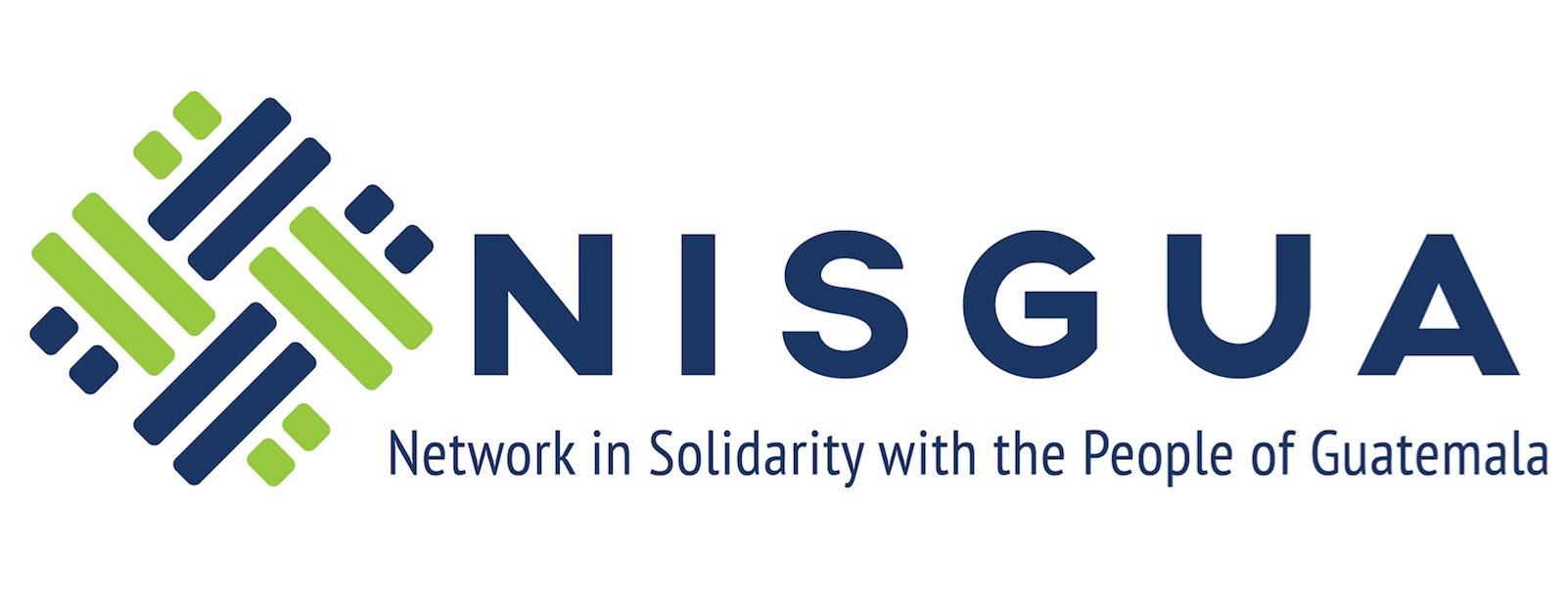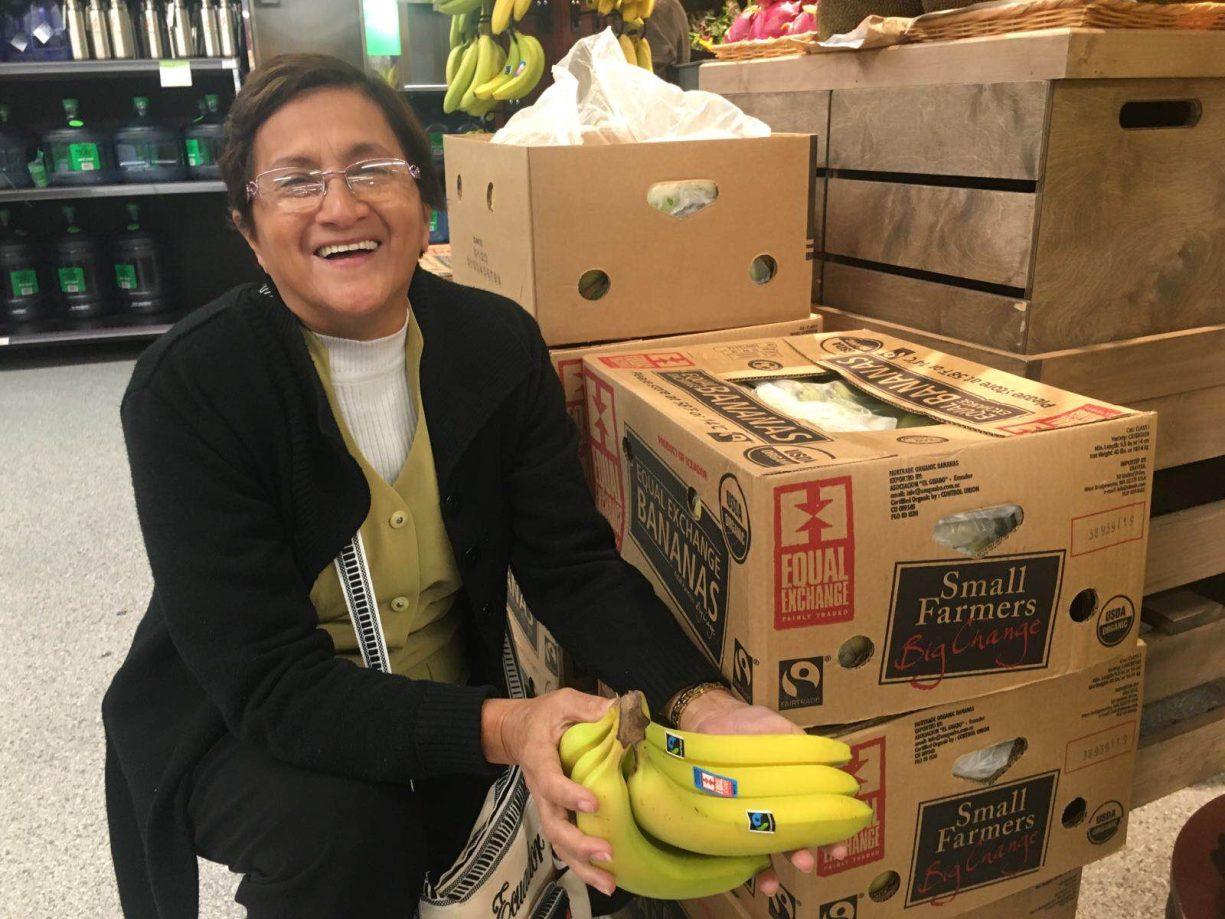In Guatemala, widespread protests have erupted against corruption and impunity within the government. Demonstrators demand the resignation of corrupt officials, including Attorney General Consuelo Porras, and express frustration over a history of oppressive systems. Indigenous leaders and various sectors of society have joined an indefinite national strike since October 2nd, seeking dialogue with the government. Despite attempts at peaceful resolution, the government responded with repression, deploying police and military forces. President Giammattei's lack of political will to address corruption led to continued protests. Paramilitary groups and drug traffickers threatened protesters, intensifying the situation. President-elect Bernardo Arévalo sought support from the U.S., but the long-term interests of both countries differ. The unity of the Guatemalan people, including those in the diaspora, remained strong. Peaceful protests at the Public Ministry persisted despite government attempts to disperse them. The demonstrations, spanning various sectors and communities, echoed the historic resistance of Indigenous Peoples, marking a collective demand for democracy, the right to protest, and an end to corruption and impunity in Guatemala.
- Home
- About Us
- Issues
- Countries
- Rapid Response Network
- Young Adults
- Get Involved
- Calendar
- Donate
- Blog



